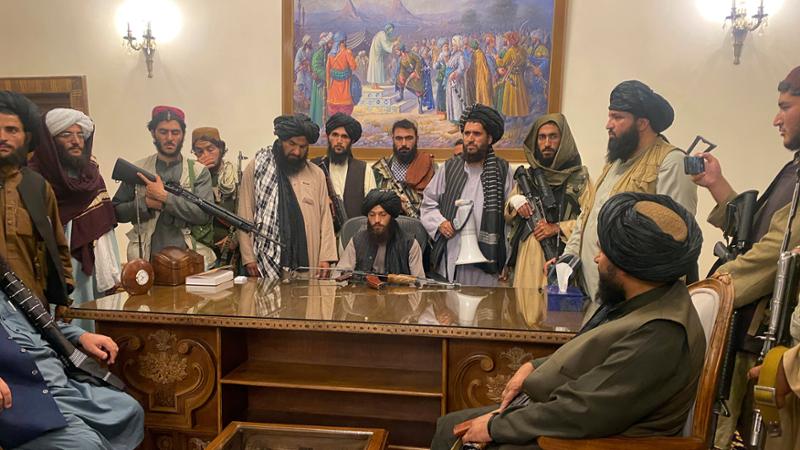Three years since their takeover, the Taliban have failed to meet their promises on Afghan women’s and girls’ rights, with their governance approach mirroring their rule of the late 1990s.
Qatar has called for the continuation of national dialogue among all Afghan people to achieve a comprehensive political settlement, as the Gulf state continues to actively facilitate dialogue between the Taliban-led administration and the international community.
The Qatari statement came on Monday during the speech of its Permanent Representative to the United Nations Office in Geneva, Hind Al Muftah, during a session on the human rights situation in Afghanistan.
Al Muftah highlighted the suffering of the Afghan people following conflicts and natural disasters that led to a deteriorating humanitarian situation in the country.
“For many decades, the Afghan people have been subjected to several conflicts, wars, and natural disasters, which severely affected the human rights situation in the country and contributed to the deteriorated human, social, and economic situations,” Al Muftah said.
Qatar has led numerous mediation efforts in Afghanistan over the past decade, including the 2020 talks between the Taliban and the United States, which resulted in the Doha peace agreement.
The Gulf state also hosted the Intra-Afghan Dialogue during the same year in the hopes of reaching an agreement. Qatar continued to hold talks until the last stretch, just days before the Taliban captured Kabul in August 2021.
At the time, Qatar led the largest airlift of people in history by evacuating more than 80,000 Afghans and foreigners from the country.
Doha continued to serve as a platform for dialogue by holding numerous meetings between the Taliban-led government and the international community.
In July last year, Qatar hosted rare direct talks between the Taliban and officials from the U.S., aimed at addressing the country’s economic stabilisation. However, Washington ruled out official recognition of the interim government.
Last June, Qatar hosted the third meeting of the UN on Afghanistan with the participation of the Afghan caretaker government, though it ended without any significant outcomes.
Qatar’s UN envoy in Geneva noted that the meetings focused on promoting “coordination between the international community and the Afghan caretaker government to develop and implement humanitarian and development programmes”.
The Taliban had promised to form an inclusive government following the takeover during their first press conference along with promises that included amnesty for all opposition and the protection of women’s rights.
Three years on, the Taliban have yet to meet their promises, particularly those concerning the rights of Afghan women and girls, with the interim administration adopting a governance approach that is reminiscent of their former rule of the late 1990’s.
This was first seen in March 2022, when the Taliban decided to ban girls from going to school on the day the institutions reopened. Girls who had shown enthusiasm for the new school year were turned away and forced to go home.
At the time, Qatar had expressed its “great concern and disappointment” at the decision and continued to advocate for the rights of Afghan women and girls.







